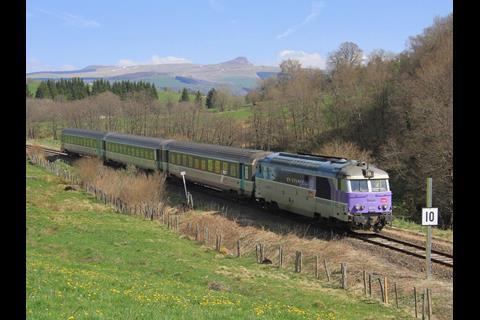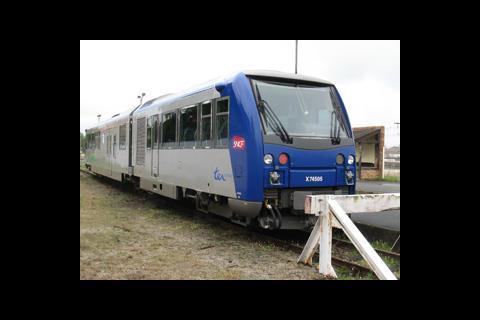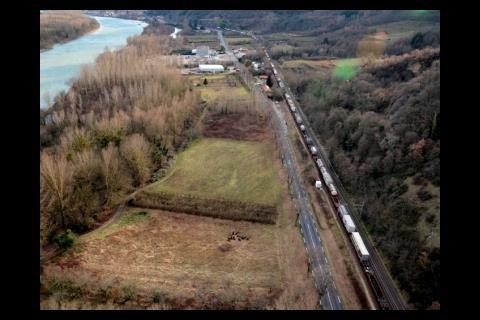FRANCE: Prime Minister Edouard Philippe has appointed the former head of Air France-KLM Jean-Cyril Spinetta to draw up a fresh strategy for the rail sector. Announced by Transport Minister Elisabeth Borne on October 16, the Spinetta study is intended to inform transport legislation due to be published in the first half of next year. Spinetta is charged with putting forward proposals for a future model for national rail services that meet the requirements of a market open to competition but which retain the elements of a public service.
In a letter addressed to Spinetta on October 12, the Prime Minister draws attention to the low level of use of regional rail services outside Ile-de-France and to the ‘ongoing crisis’ of the freight sector, where traffic levels are 40% down on those in 2000. Philippe also highlights the financial disarray affecting the railway business, which threatens its future.
Spinetta is asked to set out a strategy for rail services in 2030, taking into account ‘other modes of transport that could constitute alternatives for the passenger’ and disruptive technologies such as autonomous cars. A preferred model for high speed services, where trains competing with national operator SNCF could be launched as early as December 2020 under the Fourth Railway Package, is also required.
Proposals are sought for restoring economic viability across the sector without recourse to further state funds, and Spinetta has been instructed to look at performance and productivity issues, including drawing comparisons with railways outside France. He must also formulate proposals for structuring access charges and suggest ways of ‘reimbursing’ SNCF Réseau’s debt.
Transposition of legislation under the Fourth Railway Package is required by December 25 2018, and Spinetta has been asked to ensure that the introduction of competition does not affect continuity and quality of passenger services, including those which operate under contract with the régions.
While Spinetta is asked not to call into question the main elements of the SNCF reforms made under railway legislation in 2014, he should examine how the organisation of the public rail group could evolve to strengthen its operational flexibility and to ensure fair competition between operators. A timetable for possible reforms across the business is also required.
In line with the national consultation on transport issues launched on September 19, Spinetta is required to work with the different parties involved in the rail business, including operators, customer representatives, organising authorities, trade unions, and regulatory bodies for rail and road transport.




















